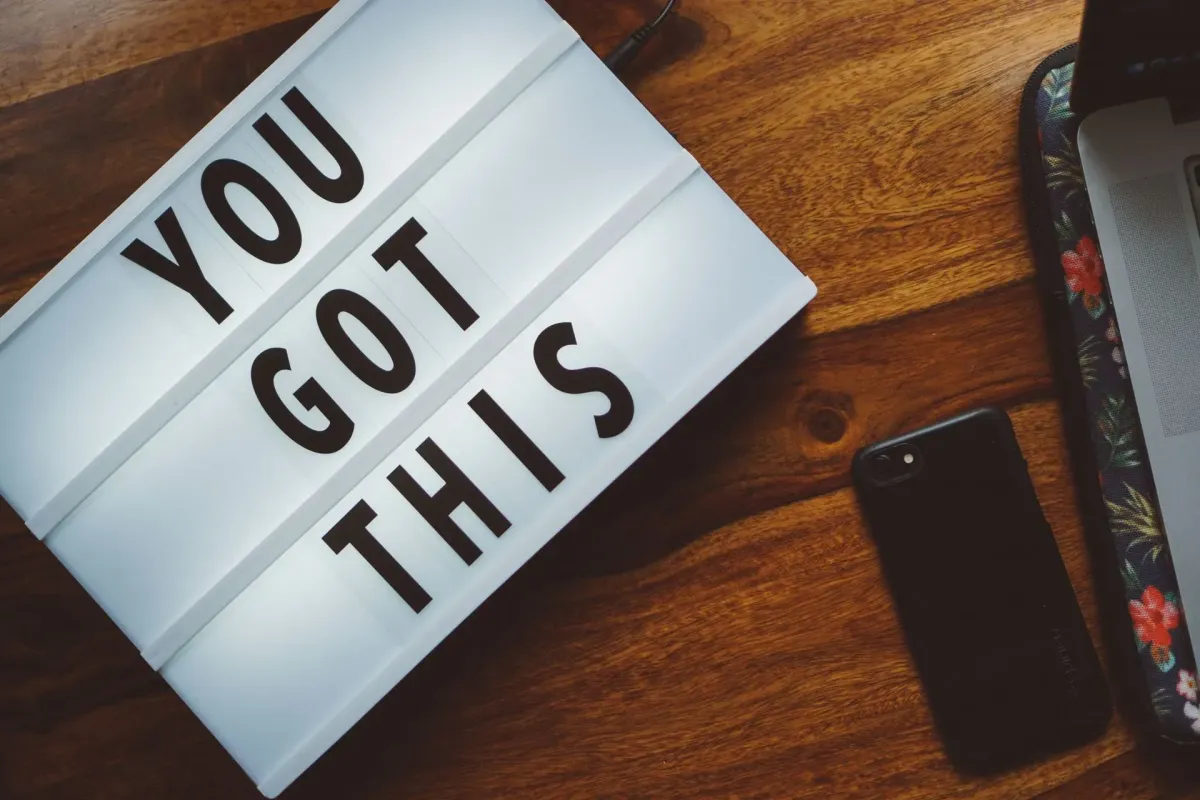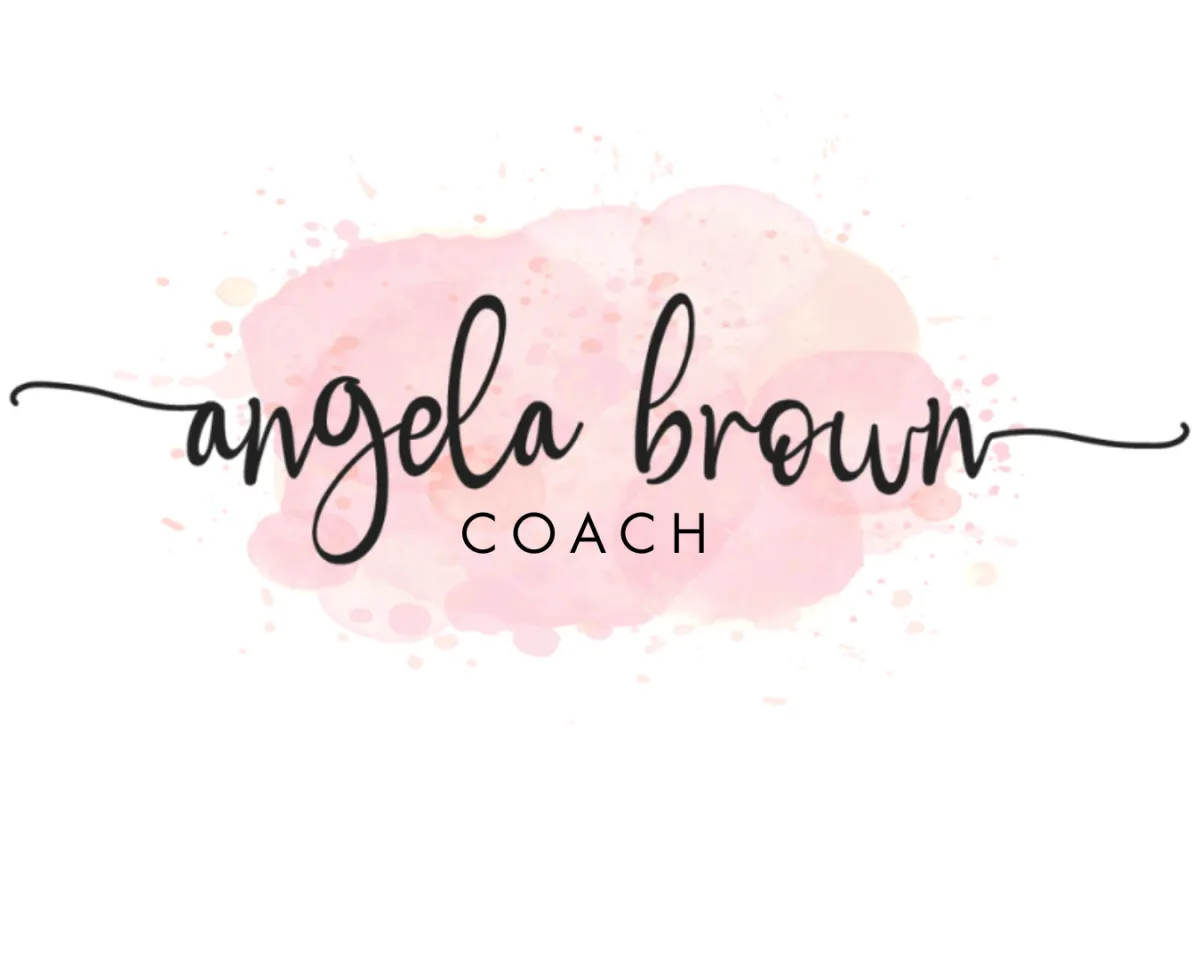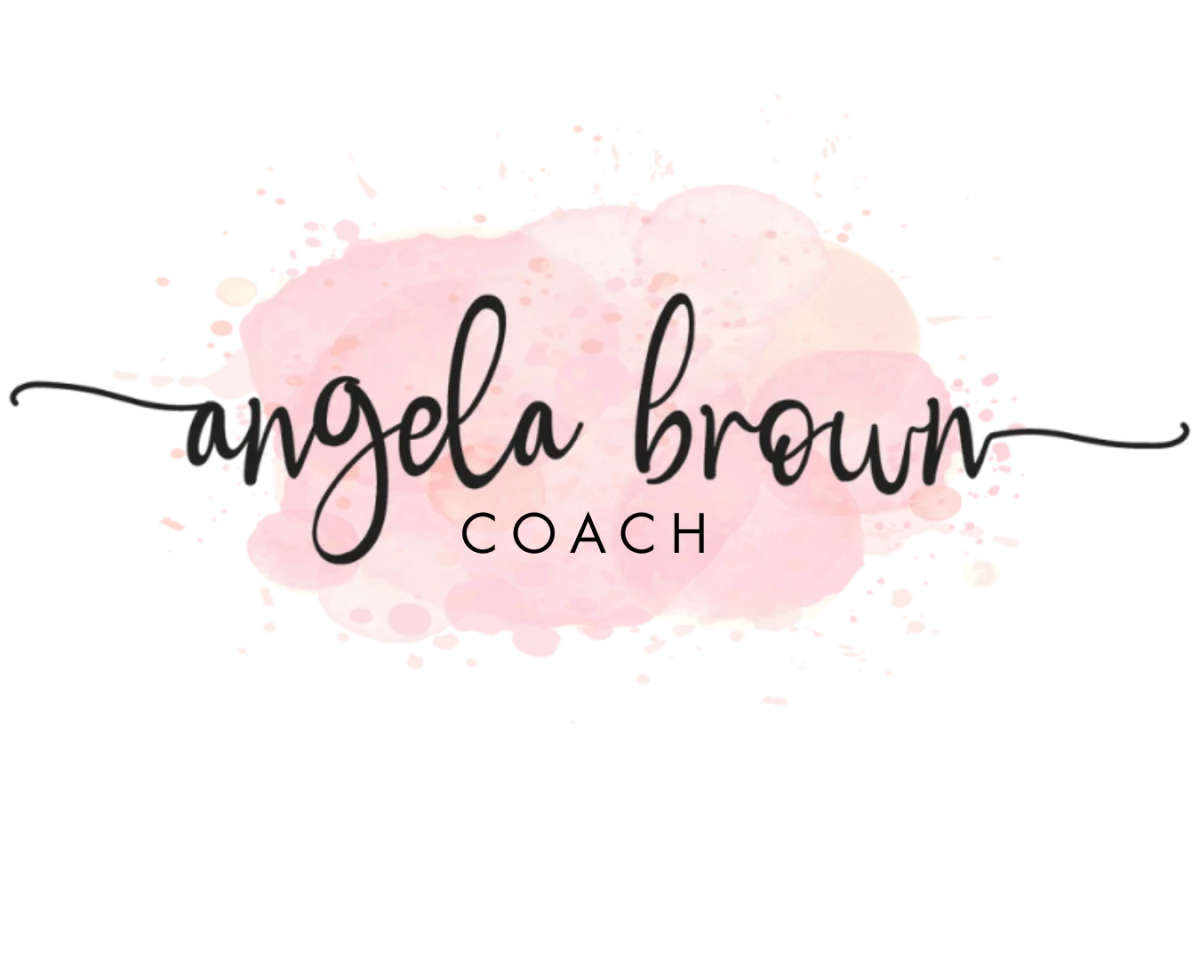READ UP ON THE LATEST HORMONE AND THYROID NEWS!

How to Stay Productive When You're Tired
Overwhelming fatigue is one of the most common symptoms of hypothyroidism in women.
But just because we feel like crap, doesn’t mean that life can just stop! We still have work to do - be it in or out of the home, or both. Many of us have families to take care of and things we want to do other than sleep and work.
So, let’s talk about some concrete steps that you can take to stay as productive as you can, even when you’re feeling exhausted.
Make a Priority List
Writing things down can not only help keep us organized and on-track, but it can also feel so rewarding to physically check something off as “done”! Plus, when the exhaustion hits, having a physical list instead of just a mental one will help make sure nothing is forgotten.
Grab a notebook or whatever scrap of paper you can find, and list out everything you want to get done. From there, you can order them from most to least important, and then work your way through them.
Minimize Distractions
Especially when we’re tired, it can be so easy to fall into a mindless distraction, like watching TV or scrolling on social media. There are a few things you can do to minimize this temptation.
First, you can set a timer on your TV or social media platforms. After say, 10 minutes of watching or scrolling, your timer goes off and then you can get back to work! Or, flip it around and set a timer for the task you’re working on. You may have heard of the Pomodoro Method, where you work for 25 minutes, rest for 5, repeat 4 times, and then take a longer break. This is a great strategy especially when you’re tired, because you don’t have to plan your breaks - the timer does it for you!
Avoid a Caffeine Overload
I know, I know, when we’re tired the first thing so many of us want to do is reach for the biggest cup of caffeine that we can find. There’s a couple of reasons why this isn’t great. First, caffeine can have a negative effect on the thyroid (I did a whole YouTube video on this if you want to learn more). If your thyroid is getting bogged down, that can make your exhaustion worse. But also, too much caffeine can lead to a crash later on in the day, making you feel like you hit a wall. That absolutely won’t help with the productivity issues!
If you’re the kind of person who loves coffee and/or caffeinated tea, first, try to limit your intake to just one cup in the morning, and definitely none after lunch time so it doesn’t impact your sleep. An even better way to have your morning caffeine is to drink it maybe 30 minutes or so after you eat breakfast. This will help reduce cortisol spikes, which can also be causing a crash later in the day.
Take Breaks and Relax
Yes, taking breaks can help make you more productive! Giving the mind time to reset can bring you new ideas and invigorate your work when you’re back at it. I really recommend going for a couple of short walks outside. Being in nature can be so healing, plus you’ll get some vitamin D which will help give you energy.
Along with that, taking time to stretch, meditate and relax in the evenings can help you get a better sleep, and that can really help improve the next day’s productivity.
No matter what, listen to your body and nap, rest, or go to bed early when you need it.
Investigate Why You’re Tired
If you’ve been feeling exhausted for a while and it’s starting to impact your productivity or other aspects of life, then it’s really important to investigate what’s going on.
Your thyroid could be sluggish, you could be having adrenal fatigue, or there could be a whole other slew of things that might be off. It’s so important to not just treat the symptoms of the exhaustion, but instead, you should be trying to address what’s causing the tiredness in the first place.
If you want some help with that, please reach out.

How to Stay Productive When You're Tired
Overwhelming fatigue is one of the most common symptoms of hypothyroidism in women.
But just because we feel like crap, doesn’t mean that life can just stop! We still have work to do - be it in or out of the home, or both. Many of us have families to take care of and things we want to do other than sleep and work.
So, let’s talk about some concrete steps that you can take to stay as productive as you can, even when you’re feeling exhausted.
Make a Priority List
Writing things down can not only help keep us organized and on-track, but it can also feel so rewarding to physically check something off as “done”! Plus, when the exhaustion hits, having a physical list instead of just a mental one will help make sure nothing is forgotten.
Grab a notebook or whatever scrap of paper you can find, and list out everything you want to get done. From there, you can order them from most to least important, and then work your way through them.
Minimize Distractions
Especially when we’re tired, it can be so easy to fall into a mindless distraction, like watching TV or scrolling on social media. There are a few things you can do to minimize this temptation.
First, you can set a timer on your TV or social media platforms. After say, 10 minutes of watching or scrolling, your timer goes off and then you can get back to work! Or, flip it around and set a timer for the task you’re working on. You may have heard of the Pomodoro Method, where you work for 25 minutes, rest for 5, repeat 4 times, and then take a longer break. This is a great strategy especially when you’re tired, because you don’t have to plan your breaks - the timer does it for you!
Avoid a Caffeine Overload
I know, I know, when we’re tired the first thing so many of us want to do is reach for the biggest cup of caffeine that we can find. There’s a couple of reasons why this isn’t great. First, caffeine can have a negative effect on the thyroid (I did a whole YouTube video on this if you want to learn more). If your thyroid is getting bogged down, that can make your exhaustion worse. But also, too much caffeine can lead to a crash later on in the day, making you feel like you hit a wall. That absolutely won’t help with the productivity issues!
If you’re the kind of person who loves coffee and/or caffeinated tea, first, try to limit your intake to just one cup in the morning, and definitely none after lunch time so it doesn’t impact your sleep. An even better way to have your morning caffeine is to drink it maybe 30 minutes or so after you eat breakfast. This will help reduce cortisol spikes, which can also be causing a crash later in the day.
Take Breaks and Relax
Yes, taking breaks can help make you more productive! Giving the mind time to reset can bring you new ideas and invigorate your work when you’re back at it. I really recommend going for a couple of short walks outside. Being in nature can be so healing, plus you’ll get some vitamin D which will help give you energy.
Along with that, taking time to stretch, meditate and relax in the evenings can help you get a better sleep, and that can really help improve the next day’s productivity.
No matter what, listen to your body and nap, rest, or go to bed early when you need it.
Investigate Why You’re Tired
If you’ve been feeling exhausted for a while and it’s starting to impact your productivity or other aspects of life, then it’s really important to investigate what’s going on.
Your thyroid could be sluggish, you could be having adrenal fatigue, or there could be a whole other slew of things that might be off. It’s so important to not just treat the symptoms of the exhaustion, but instead, you should be trying to address what’s causing the tiredness in the first place.
If you want some help with that, please reach out.

CALL US TODAY! (314) 226-3137
Content, including images, displayed on this website is protected by copyright laws. Downloading, republication, retransmission or reproduction of content on this website.

